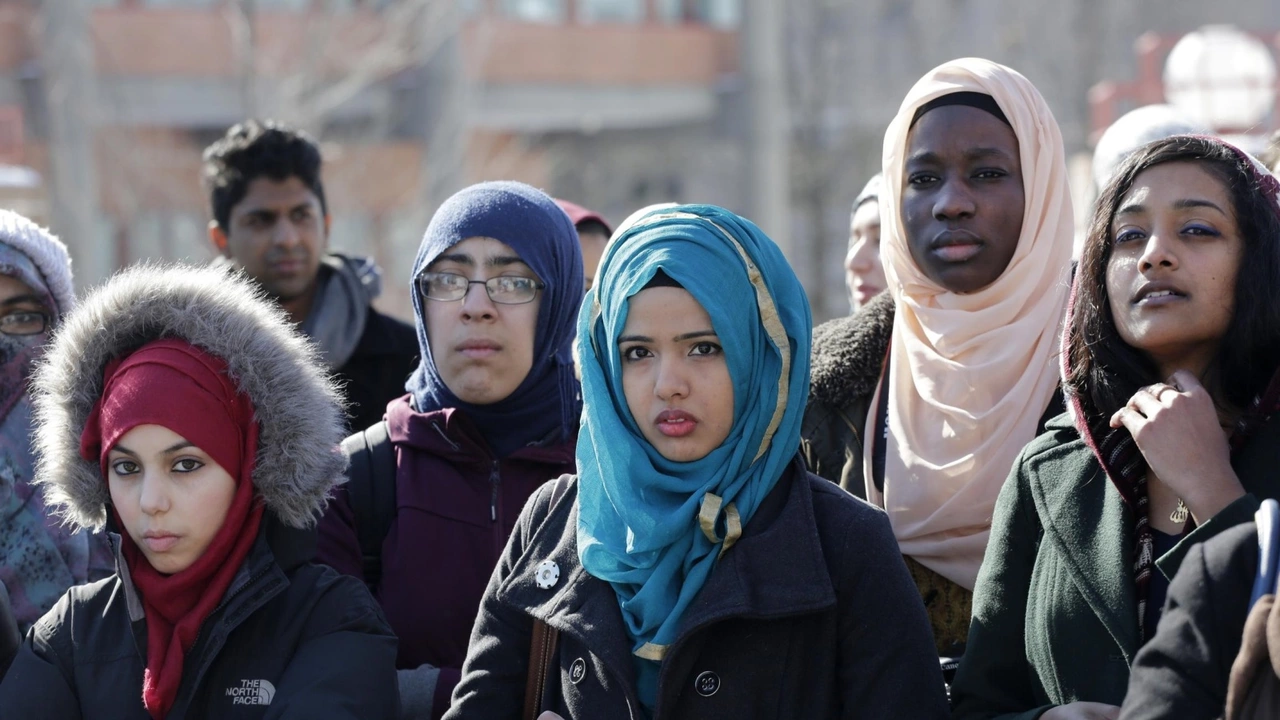Explore Islam – Articles, Stories & Insights
Welcome to the Islam tag page on Islamic Insight India. Here you’ll find a mix of articles that talk about everything from historical fashion to modern‑day experiences of Muslim women. Each post is written in plain language, so you can grab the key ideas without wading through jargon.
Why Islam Matters Today
Islam isn’t just a religion; it shapes everyday life for millions in India and around the world. Our writers look at how Islamic traditions influence clothing, social norms, and even pop culture. For example, you’ll read why many Muslim women choose black abayas or how hijab‑wearers navigate life in the US. These pieces help you see the practical side of faith, not just the textbook version.
We also explore how Islam interacts with other cultures. One article asks what Japanese people think of Arabs, highlighting trade links and mutual curiosity. Another compares Saudi dress codes with expatriate expectations, showing how clothing can signal identity and unity.
Dive Into Our Top Articles
Looking for a quick start? Check out these reader favorites:
- The Bengal Files review – a deep dive into a film that revisits Direct Action Day, mixing history with modern politics.
- Ancient Arabian and Persian princess fashion – discover the silk, wool, and gems that defined royal wardrobes centuries ago.
- What it's like to wear a hijab in the US – real stories of confidence, curiosity, and the occasional misunderstanding.
- Why Muslim women often wear black – unpack the cultural and religious reasons behind the popular abaya style.
- Are Muslim women liberal? – examine how many Muslim girls are breaking stereotypes and embracing independent choices.
Each article is short, factual, and packed with examples you can relate to. Want to know how a moderately wealthy woman dresses in Saudi Arabia? We’ve got a clear picture of the abaya, hijab, and accessories that define modest style there.
Our goal is simple: give you practical insights about Islam without the fluff. Whether you’re curious about clothing customs, gender roles, or intercultural perceptions, you’ll find a post that answers your question in plain English.
Feel free to browse, click on a title that catches your eye, and start learning. The more you read, the better you’ll understand the diverse ways Islam shapes lives across continents.
Thanks for stopping by the Islam tag page. Happy reading!
What do well-educated Muslim women think of Islam?
Posted by Zayn al-Amin with 0 comment(s)
In my recent exploration of the perspectives of well-educated Muslim women on Islam, I found that these women generally have a strong connection to their faith, appreciating the guidance and values it provides. Many emphasize the importance of education and gender equality within the religion and are proud to be part of a faith that celebrates these principles. However, they also express concerns about the misinterpretation of Islamic teachings, leading to oppression and discrimination against women in some societies. They advocate for a better understanding of Islam's true message and strive to challenge stereotypes and misconceptions. Overall, well-educated Muslim women embrace their religion and seek to promote a more accurate and positive representation of Islam in the world.
view moreWhy can't women lead men in Islam? Or can they do?
Posted by Zayn al-Amin with 0 comment(s)
This article examines the Islamic belief that women cannot lead men in prayer. It explains that while some Islamic scholars believe this is a violation of the Quran, others believe that women can lead men in prayer as long as certain conditions are met. The article also looks at how this belief has been interpreted throughout Islamic history, and the role of women in religious and spiritual leadership. Finally, it offers perspectives from both sides, emphasizing the importance of respect and understanding when debating this issue. In conclusion, it suggests that the Quran does not explicitly forbid women from leading men in prayer, and that it should be up to individuals to decide what is best for them.
view more
